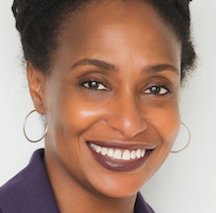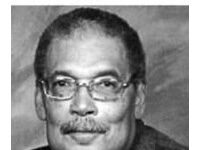 Adversarial encounters with police have a powerful, negative effect on Black men’s mental health, as do efforts to avoid such encounters, according to a study led by Lisa Bowleg, a professor of psychology at George Washington University.
Adversarial encounters with police have a powerful, negative effect on Black men’s mental health, as do efforts to avoid such encounters, according to a study led by Lisa Bowleg, a professor of psychology at George Washington University.
Dr. Bowleg says that White children may be taught that the police are their friends, “but there’s a whole group of people for whom that is not their experience. Many Black parents are having ‘the talk’ with their kids about how to behave with police so they won’t get hurt. Even Black people who need help don’t feel safe calling.”
“These types of negative encounters exist on a spectrum, from police violence to racial profiling and casual disrespect,” said Dr. Bowleg. “And when all of your mental energy is devoted to avoiding the police — how you dress, how you walk, who’s looking at you — that hypervigilance could also have an intense physical effect. “
Dr. Bowleg is a graduate of Georgetown University in Washington, D.C., where she majored in psychology. She holds a master’s degree in public policy and a Ph.D. in applied social psychology from George Washington University.
The full study, “Negative Police Encounters and Police Avoidance as Pathways to Depressive Symptoms Among US Black Men, 2015–2016,” was published on the website of the American Journal of Public Health. It may be accessed here.












Very interesting and valuable study. Thank you for your contribution to justice reform.